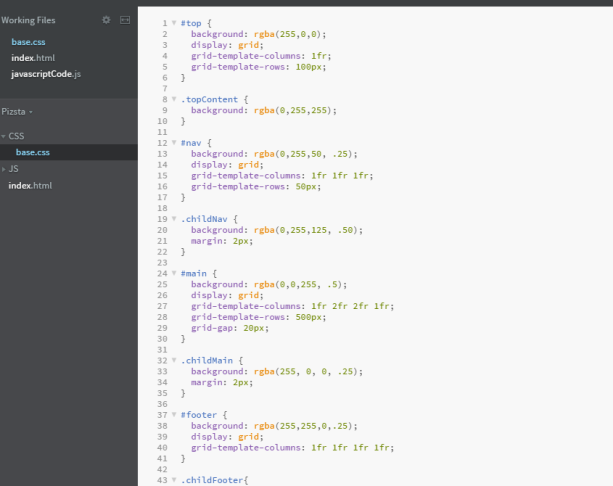When using principles or techniques in code, we need to use them in moderation and understand the meaning behind them; otherwise we over-salt our code. The post that I will use in discussion explains a common salting problem in programming, the article was found in an early programming blogpost from Coding Horror, to reflect a topic that is relevant in programming and also discussed in one of my courses. The topic is Object Oriented Design.
In the article that I chose, titled, “Your Code: OOP or POO?”, the author, Jeff Atwood, talks about how many programmers these days are not using Object Oriented Programming correctly. He attributes this problem to institutions that rush and advise the usage of OOP to their students without properly explaining when and why objects are necessary in programming design. In addition, he also blames the pro-object culture that is common among programming communities, where programmers glorify objects and boast the superiority of object oriented languages over non-object languages. Due to these influence, he explains that it causes programmers to undergo object happiness, a frenzy of object-izing everything in their code. This mess, is the coding horror that is seen when Object Oriented Design is used improperly.
To address these concerns, Atwood recommends POO, Programming fOr Others, which brings in the element of empathy into programming design. What Atwood proposes is that programmers should be thinking about their audience, such as their readers, who will have to make sense and use their code. So, along with implementing other OOP principles, such as, encapsulation, simplicity, re-use and maintainability; Atwood encourages empathy and to build code while keeping in mind what their readers would want or need and to anticipate what they need to do next when following the code. Atwood concludes his argument with ‘programming as if people mattered will always be a more effective strategy than satisfying the architecture astronauts’.
Although this is an early post, which was posted on 2007, the topic of this post still holds relevance. While continuing my CS undergrad studies at WSU, I have noticed this pro-object culture, where object oriented languages are remarked as superior than non-object languages and I have also noticed that some of my peers falling victim to object happiness and not having a firm grasp of OOP principles. I also feel that this post was a good reminder, that we should be questioning our studies and what we are taught at institutions in programming. In a sense, it was a good step back for me to reevaluate my principles and goals in coding. It also brought in a new perspective, the element of empathy; where one should code as if people mattered; rather than solely focusing on the efficiency of the solution; we should also consider readability and simplicity of our code.
The link of the source can be found here
From the blog CS@Worcester – Will K Chan by celticcelery and used with permission of the author. All other rights reserved by the author.


